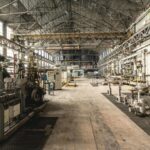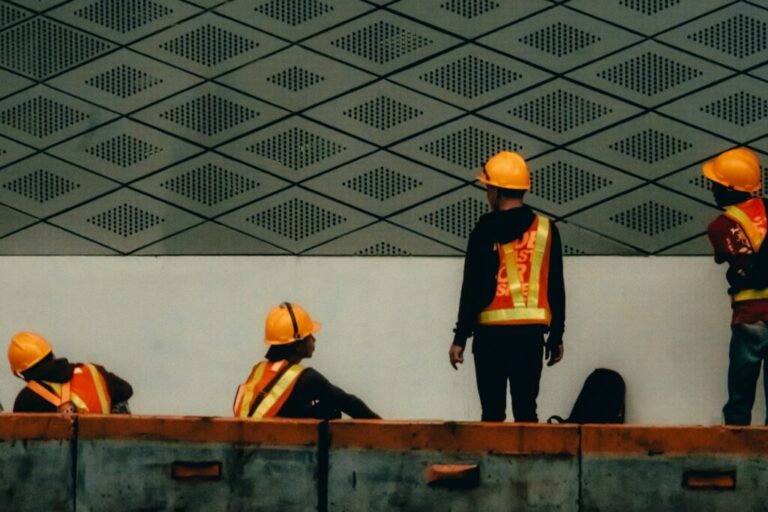
Elevators are often considered simple conveniences in our daily lives, but they play a crucial role in the functionality and safety of buildings. Regular maintenance of elevators can be overlooked due to a lack of immediate issues or the assumption that these systems are self-sustaining. However, neglecting elevator maintenance can lead to a multitude of problems that are both costly and hazardous. This blog will delve into the reasons why consistent maintenance is essential and the potential pitfalls of ignoring these necessary checks.
Decreased Safety and Liability Risks
The foremost concern with neglected elevator maintenance is the risk it poses to safety. Elevators are complex systems composed of numerous mechanical and electrical components, all of which require regular inspection to function correctly. Without routine checks, parts can wear out, malfunction, or fail, leading to dangerous situations such as sudden stops, erratic movements, or even free-falls. Working with a locally owned operated elevator service can help ensure that these safety checks are completed regularly and thoroughly. Neglected elevator maintenance can also increase potential liability risks for building owners or property managers. In the event of an accident or injury caused by a malfunctioning elevator, the responsible party could face costly legal consequences. By staying on top of maintenance and addressing any issues promptly, building owners can mitigate these risks and maintain a safe environment for tenants and visitors.
Reduced Operational Efficiency
Another significant drawback of neglecting elevator maintenance is the decline in operational efficiency. Elevators that are not serviced regularly are more prone to breakdowns and service interruptions, which can cause substantial inconvenience for building occupants. These interruptions not only lead to dissatisfaction among tenants and visitors but can also affect the overall productivity of the building, especially in commercial settings where time is of the essence.
Poorly maintained elevators often run slower and less smoothly, creating longer wait times and a less comfortable ride. This can be particularly problematic in high-traffic buildings such as office complexes, shopping centers, and residential towers. Regular maintenance ensures that elevators operate at peak performance, providing a seamless and efficient transport experience for all users. In the long run, maintaining operational efficiency through regular checks and servicing can also extend the lifespan of the elevator system, ultimately leading to cost savings by delaying the need for costly replacements or major overhauls.
Shortened Equipment Lifespan
Ignoring regular elevator maintenance can drastically shorten the lifespan of the equipment. Elevators are robust machines designed for long-term use, but without routine upkeep, their components can deteriorate prematurely. Lubrication, alignment, and adjustments are crucial to preventing undue wear and tear on mechanical parts. When these tasks are neglected, parts such as cables, pulleys, and motors experience accelerated degradation, leading to frequent breakdowns and the need for early replacement. This not only compromises the reliability of the elevator but also results in significant financial outlay. Regular maintenance helps maximize the longevity of the elevator system, ensuring that the investment made in the equipment yields its full value over its intended lifespan.
Regulatory Compliance Issues
Failing to maintain elevators not only compromises safety and operational efficiency but also puts building owners at risk of violating local, state, and federal regulations. Elevators are subject to stringent safety codes and standards set by regulatory bodies such as the American Society of Mechanical Engineers (ASME) and the Occupational Safety and Health Administration (OSHA). Regular maintenance is essential to ensure that the elevator system remains compliant with these regulations, which are periodically updated to incorporate new safety technologies and practices.
Non-compliance can result in hefty fines and legal repercussions, as well as the potential for a shutdown of the elevator system until necessary repairs and inspections are completed. These disruptions can be especially costly for businesses that rely on efficient elevator service for their operations. A history of non-compliance can damage a property’s reputation and deter potential tenants or buyers.
By adhering to a regular maintenance schedule and keeping detailed records of all inspections and repairs, building owners can demonstrate their commitment to regulatory compliance. This not only mitigates the risk of penalties but also contributes to a safer and more reliable elevator system, ultimately protecting the interests of all building occupants.
Regular maintenance of elevators is critical for safety, efficiency, longevity, and regulatory compliance. Neglecting this vital aspect of building management can lead to costly consequences in various aspects, including financial losses, legal liabilities, and reputational damage. Building owners and property managers should prioritize elevator maintenance as a top priority to ensure the smooth operation of their buildings and the safety and satisfaction of tenants and visitors. So don’t wait until something goes wrong – schedule your next elevator maintenance check today!












